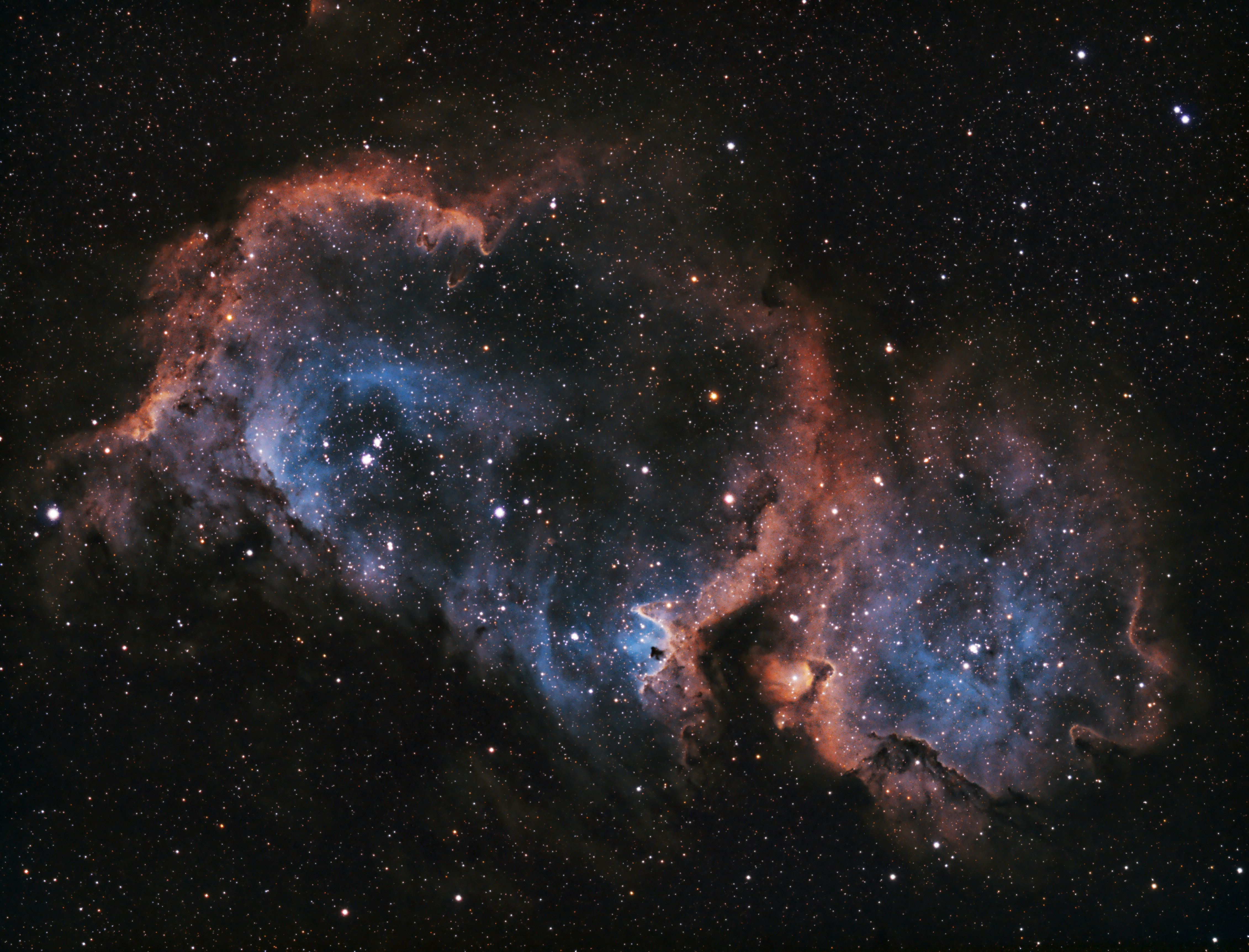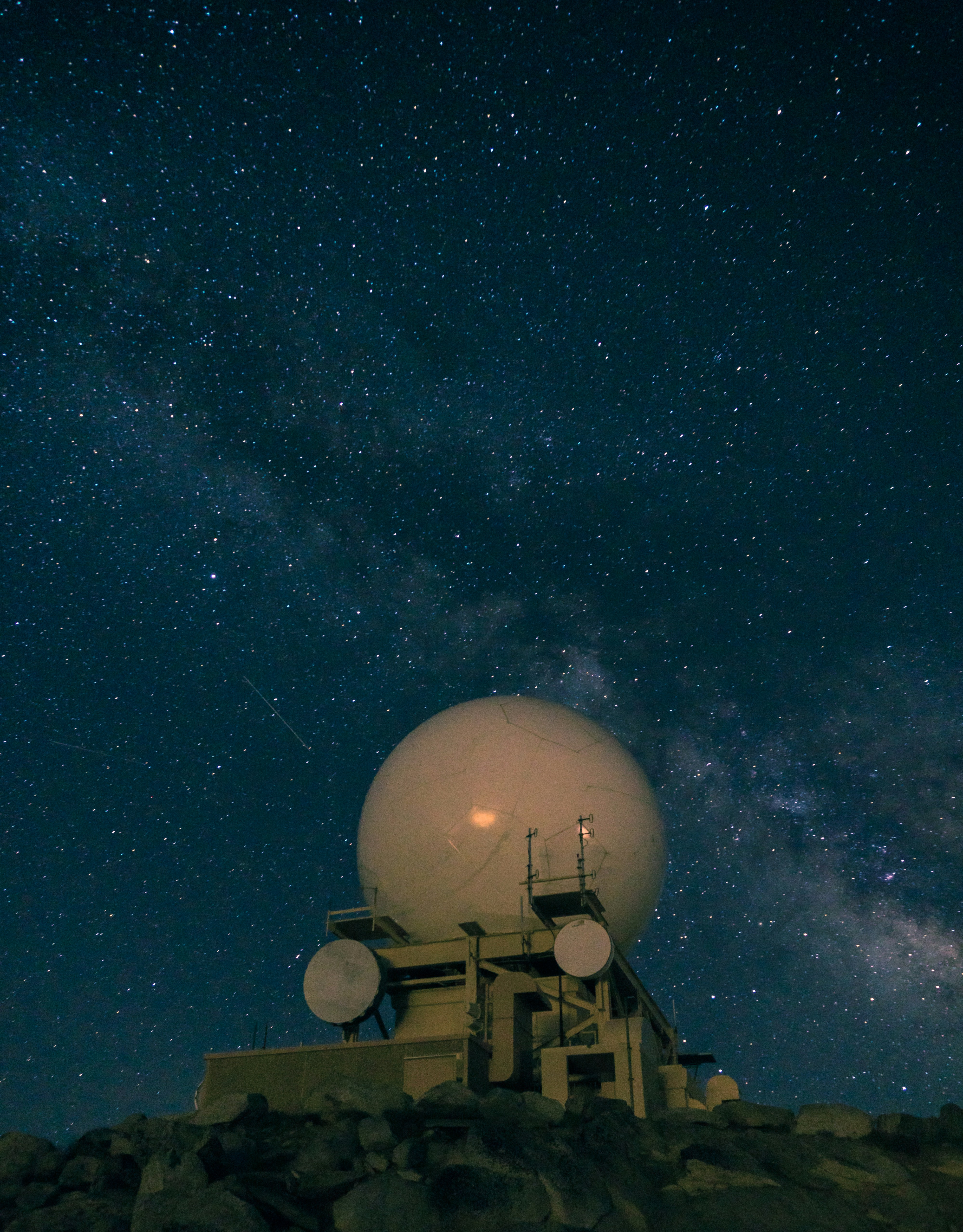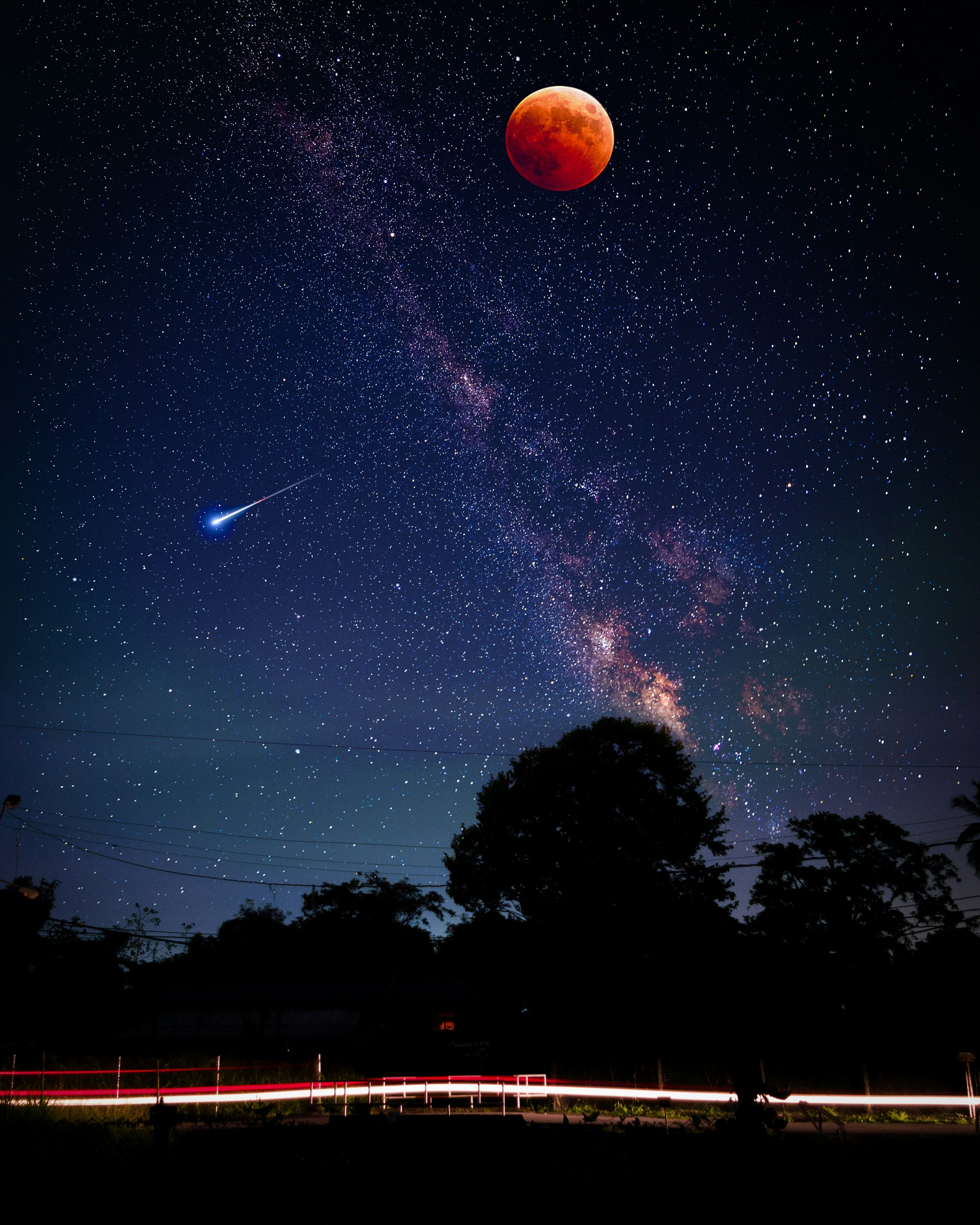So, you’ve just acquired your first telescope and you’re eager to embark on your celestial observation journey. It’s an exciting venture, no doubt about it, but even the most enthusiastic beginners tend to make a few mistakes along the way. Fear not, my friend, for I am here to guide you and ensure that your celestial viewing experience is nothing short of extraordinary. In this article, we’ll take a closer look at some common beginner mistakes to avoid in celestial observation, helping you make the most out of your time under the brilliant night sky. Let’s get started and uncover the secrets to becoming a celestial observer extraordinaire!
Table of Contents
Lack of Preparation
Ignoring Weather Conditions
One of the most common mistakes that beginners make in celestial observation is ignoring the weather conditions. It’s crucial to check the weather forecast before planning any observation sessions. Cloudy or overcast skies can hinder your ability to see celestial objects clearly. By checking the weather beforehand, you can ensure that you choose a clear night for your observation.
Not Checking Equipment
Another mistake that beginners often make is not checking their equipment before heading out for an observation session. It’s essential to ensure that your telescope, binoculars, or any other equipment you plan to use are in proper working condition. Check for any damage or issues that may affect your viewing experience. Additionally, make sure you have all the necessary accessories, such as eyepieces, filters, and a sturdy tripod if required.
Poor Understanding of Celestial Events
Having a poor understanding of celestial events can severely hinder your observation experience. It’s important to educate yourself about the various celestial events that occur throughout the year, such as meteor showers, eclipses, and planetary alignments. By learning about these events, you can plan your observation sessions accordingly and maximize your chances of witnessing these extraordinary occurrences.
Choosing the Wrong Observation Location
Light Pollution
Many beginners make the mistake of choosing observation locations that are heavily affected by light pollution. Light pollution refers to the excessive artificial light that hinders our ability to see the stars and celestial objects clearly. To avoid this, it’s advisable to find a location away from populated areas, preferably in rural or remote areas with minimal light pollution. This will provide you with a much clearer and more immersive celestial observation experience.
Obstructions
Obstructions such as trees, buildings, or other structures can obstruct your view and limit the visibility of celestial objects. It’s important to find an observation location that offers an unobstructed view of the sky. Open fields, hilltops, or elevated areas are ideal for avoiding obstructions and providing a panoramic view of the night sky.
Ambient Noise
Ambient noise, such as traffic or nearby human activity, can be a significant distraction during observation sessions. It’s crucial to choose a location away from noisy areas to ensure a serene and uninterrupted experience. The peacefulness and silence of the surroundings allow you to focus better and immerse yourself fully in the wonders of the universe.
Ignoring Safety Precautions
Solar Observation without Proper Eye Protection
One of the most critical safety precautions to remember is never to look directly at the sun through a telescope or binoculars without proper eye protection. Doing so can cause severe and permanent damage to your vision. Always use approved solar filters or dedicated solar viewing glasses when observing the sun. These specially designed filters or glasses will protect your eyes from the harmful solar radiation, allowing you to observe the sun safely.
Staying in Remote Areas Alone
Heading to remote observation locations alone can be risky, especially if you are unfamiliar with the area or if it’s late at night. It’s always best to go with a friend or join a local astronomy club or organization where you can observe in groups. Not only will this ensure your safety, but it also provides an opportunity to learn from experienced observers and share the excitement of celestial discoveries with like-minded individuals.
Not Dressing Appropriately for the Conditions
Outdoor observation sessions often involve spending extended periods exposed to the elements. Failing to dress appropriately for the conditions can lead to discomfort and even health issues. Make sure to dress in layers, so you can adjust your clothing according to the temperature throughout the night. Additionally, wear sturdy footwear and consider bringing blankets or sleeping bags to stay warm during the colder months. By dressing appropriately, you can fully enjoy your observation experience without any discomfort or distractions.
Overlooking Basic Astronomy Concepts
Lack of Knowledge on Celestial Objects
Having a basic understanding of the celestial objects you’re observing greatly enhances the experience. Many beginners make the mistake of not investing time in learning about the Moon, planets, stars, and other celestial bodies. By familiarizing yourself with these objects, their characteristics, and their locations in the sky, you can appreciate their beauty and significance. Learning about the constellations and their mythological stories can also add an extra layer of intrigue to your celestial observation journey.
Understanding of Stellar Magnitude
Stellar magnitude refers to the brightness of stars. Ignoring the concept of stellar magnitude can lead to confusion and disappointment during observation. It’s important to understand that the magnitude scale is logarithmic, meaning that brighter stars have lower magnitudes. By familiarizing yourself with the magnitude scale, you can better appreciate the varying brightness of stars and make informed observations.
Familiarity with Coordinates and Celestial Coordinate System
Being familiar with coordinates and the celestial coordinate system is essential for locating specific celestial objects accurately. Relying solely on guides or apps without understanding the coordinate system can be limiting. Learning the basics of right ascension and declination, as well as how to use an equatorial mount or setting circles, can significantly enhance your ability to navigate the night sky effectively. A solid grasp of these concepts allows you to pinpoint your desired targets with precision and explore the universe more efficiently.

Relying Solely on Guides or Apps
Absence of Sky Maps and Atlases
While there are numerous digital guides and apps available for celestial observation, it’s crucial not to rely solely on them. Beginners often make the mistake of overlooking the importance of physical sky maps and atlases. These resources provide a wider field of view, allowing you to understand the context of the objects you’re observing better. They also enable you to learn the night sky independently and develop a deeper understanding of celestial navigation.
Limited Use of Astronomical Apps
Astronomical apps can be incredibly useful tools for locating celestial objects, identifying stars and planets, and providing valuable information. However, it’s important to strike a balance and not rely solely on these apps. Over-reliance can hinder the development of personal observation skills and reduce the sense of exploration and discovery. Use apps as guides, but also take the time to navigate the night sky manually and challenge yourself to locate objects without relying on digital assistance.
Not Developing Personal Observation Skills
Observing the celestial wonders is not just about relying on guides or apps. Developing personal observation skills is crucial to truly connect with the night sky. Beginners often make the mistake of not taking the time to practice and improve their ability to spot faint objects or track the motion of planets. By regularly observing and challenging yourself, you can sharpen your observation skills, increase your knowledge, and develop a deeper understanding and appreciation of the universe.

Using Low-Quality or Incorrect Equipment
Not Investing in a Decent Telescope
Using a low-quality or unsuitable telescope can greatly impact your observation experience. Beginners sometimes make the mistake of purchasing cheap or low-end telescopes that fail to provide clear and detailed views of celestial objects. Investing in a decent telescope that suits your observation needs and budget is essential for a fulfilling experience. Research different telescope options, consider factors such as aperture and focal length, and seek expert advice if necessary to make an informed decision.
Using Unsuitable Cameras for Astrophotography
Astrophotography is a popular aspect of celestial observation, allowing you to capture breathtaking images of the night sky. However, beginners often make the mistake of using unsuitable cameras for astrophotography. Regular digital cameras, smartphones, or compact point-and-shoot cameras may not have the necessary features or capabilities to capture crisp and detailed images of celestial objects. It’s important to invest in a dedicated astrophotography camera or learn how to use DSLR cameras for this purpose to achieve the best possible results.
Lack of Understanding on Proper Use of Equipment
Even with high-quality equipment, it’s crucial to have a thorough understanding of how to use it effectively. Beginners often overlook the importance of familiarizing themselves with telescope controls, camera settings, and other equipment functions. This lack of understanding can lead to frustration and missed opportunities. Take the time to read the user manuals, watch tutorials, and practice using your equipment before heading out for observation sessions. This will enable you to make the most out of your equipment and enhance your overall observation experience.



